Raspberry Pi: What's in it for business?
The £29 micro-computing marvel has finally shipped, and we investigate the potential business benefits that it could deliver in the UK.


Raspberry Pi

Raspberry Pi configuration

Education

OLINUXINO chipset

Raspberry Pi shipments
You may have heard about the tasty Raspberry Pi. The single-board computer sent websites crashing when it was put on pre-order for just 29, in February.
The not-for-profit Raspberry Pi Foundation has overcome manufacturing difficulties and regulatory issues to finally start shipping units to the 250,000 eager consumers who have placed an order.
The brainchild of Broadcom engineer Dr. Eben Upton and software developer David Braben, the credit-card sized board is more than just a new gadget for the masses. The Pi could potentially herald a second revolution in UK home computing by recreating the micro computing boom of the 1980s. We take a look at the opportunities the Pi brings.
The Raspberry Pi packs around four times more multimedia decoding performance than Apple's iPhone 4
Low-cost development
The most obvious impact of the Raspberry Pi's launch is in providing a low-cost development platform for businesses. Interest in the ARM platform has grown exponentially as smartphones and tablets based on the British firms architecture continue to dominate the market.
Companies are increasingly looking to develop products based on ARM IP and even Microsoft has got in on the action with the impending launch of the Windows RT operating system, later this year.
To develop an ARM-based product, you need a development board. A typical board, such as the Qualcomm Dragonboard or Samsung Origen, costs several hundred pounds - and to avoid bottlenecks, you're going to be buying one per developer.
Get the ITPro daily newsletter
Sign up today and you will receive a free copy of our Future Focus 2025 report - the leading guidance on AI, cybersecurity and other IT challenges as per 700+ senior executives
With large firms typically having several teams of between five to 10 developers working on separate, this gets costly. It's possible to cut back on capital expenditure by purchasing a smaller number of development boards and relying on emulation for other developers, but this is never as efficient as having the real hardware to hand.
The Raspberry Pi costs just 29 in the UK and $35 elsewhere and the package includes a remarkably powerful system that is suitable for all members of the development team.
Gareth Halfacree is an experienced tech journalist and IT professional, and has been writing since 2006. In addition to contributing article for ITPro, Gareth has been featured in publications such as PC Pro, Techmeme, The Register, The MagPi, and Tom’s Hardware.
In addition to his digital articles, Gareth is the author of several best-selling books. These include the Raspberry Pi User Guide, an essential text for those looking to get started with their Raspberry Pi, as well as The Official Raspberry Pi Beginner’s Guide. Gareth also wrote the Official BBC micro:bit User Guide, a comprehensive guide to setting up the pocket-sized computer, learning to code on it, and even creating your own hardware addons.
-
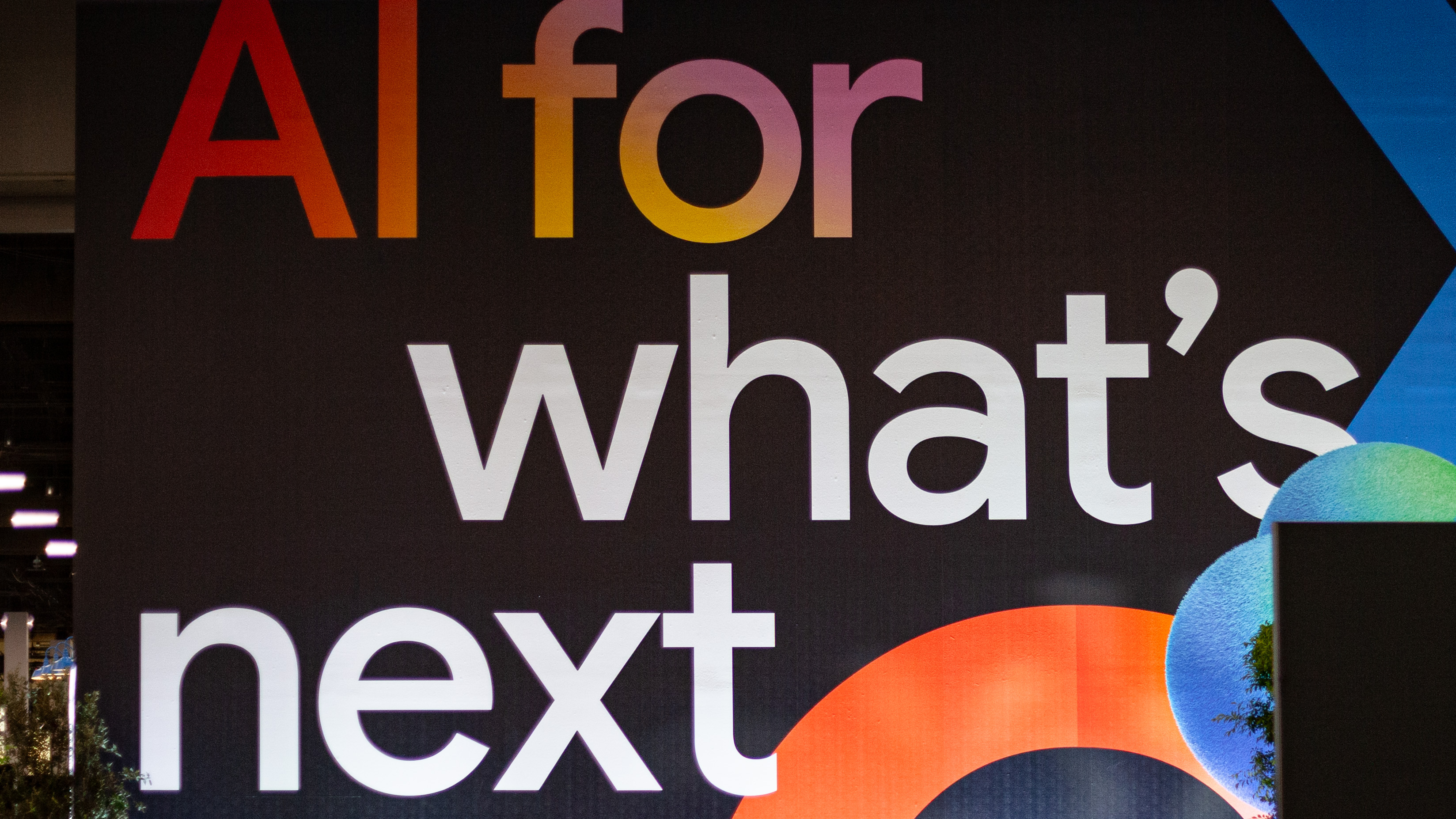 Mandiant CTO says foreign AI models may have improved trust in US developers
Mandiant CTO says foreign AI models may have improved trust in US developersNews Concerns about enterprise AI deployments have faded due to greater understanding of the technology and negative examples in the international community, according to Mandiant CTO Charles Carmakal.
By Rory Bathgate Published
-
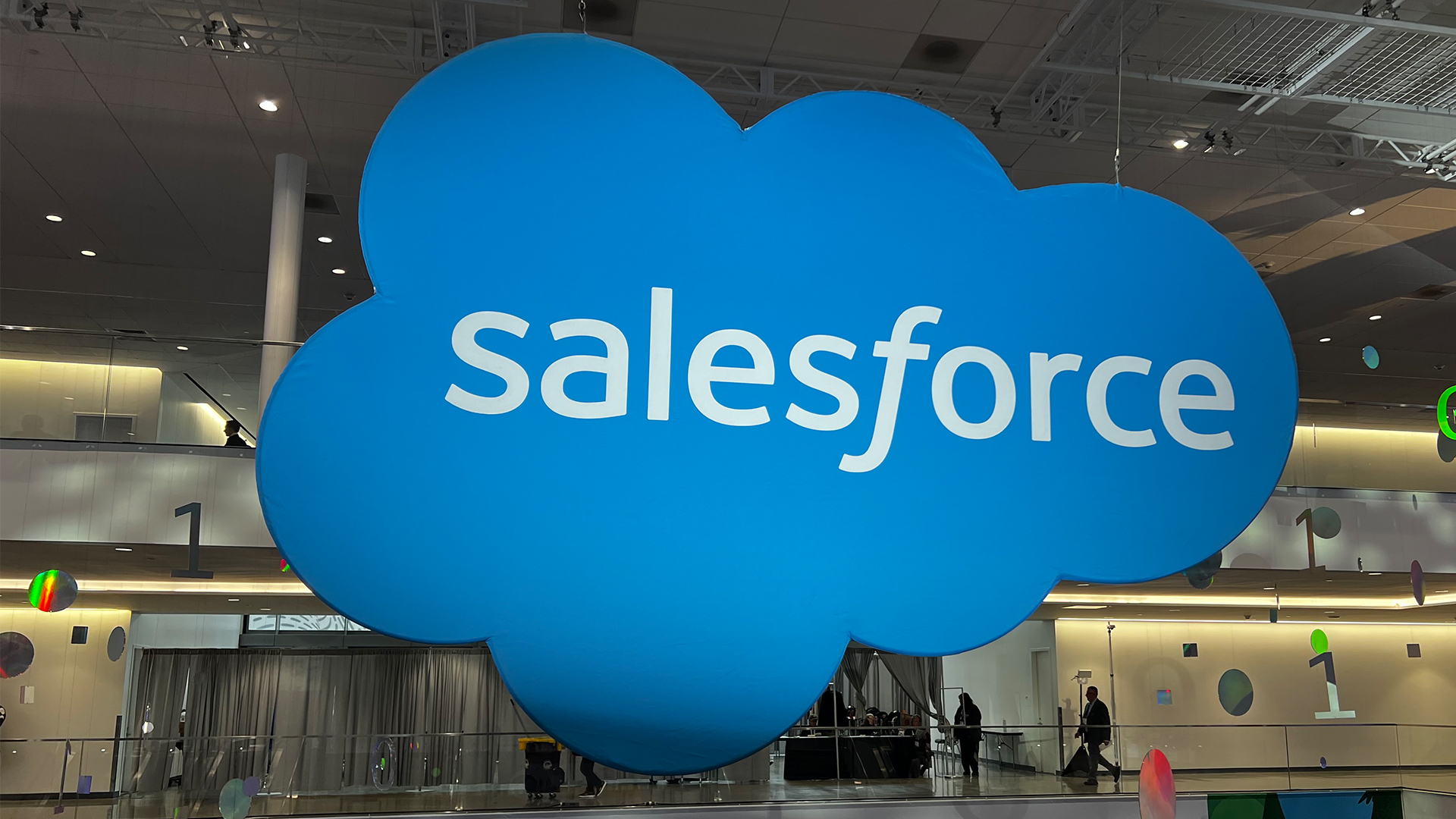 Salesforce wants technicians and tradespeople to take AI agents on the road with them
Salesforce wants technicians and tradespeople to take AI agents on the road with themNews Salesforce wants to equip technicians and tradespeople with agentic AI tools to help cut down on cumbersome administrative tasks.
By Ross Kelly Published
-
 Oracle Java pricing concerns could spark a developer exodus
Oracle Java pricing concerns could spark a developer exodusNews Oracle Java users have raised concerns over pricing, with many considering switching to open source options.
By Solomon Klappholz Published
-
 Python just brushed past JavaScript to become the most popular programming language on GitHub – and a key factor is that AI developers love it
Python just brushed past JavaScript to become the most popular programming language on GitHub – and a key factor is that AI developers love itNews The meteoric rise of Python shows no sign of stopping
By Nicole Kobie Published
-
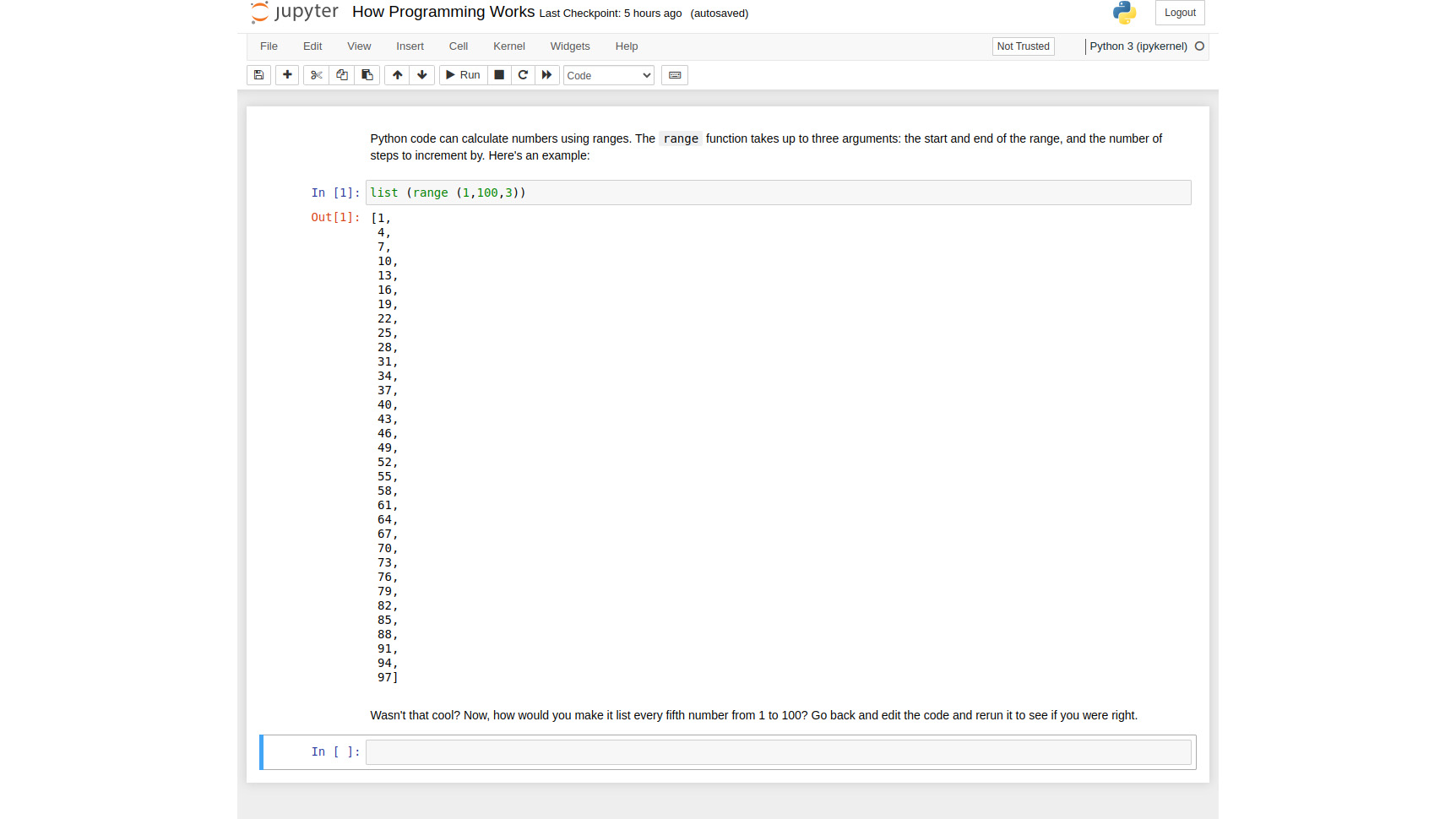 JupyterLab review: A powerful tool for documenting your data science journey
JupyterLab review: A powerful tool for documenting your data science journeyReviews Literate programming toolkit takes dynamic code documents to new heights
By Danny Bradbury Published
-
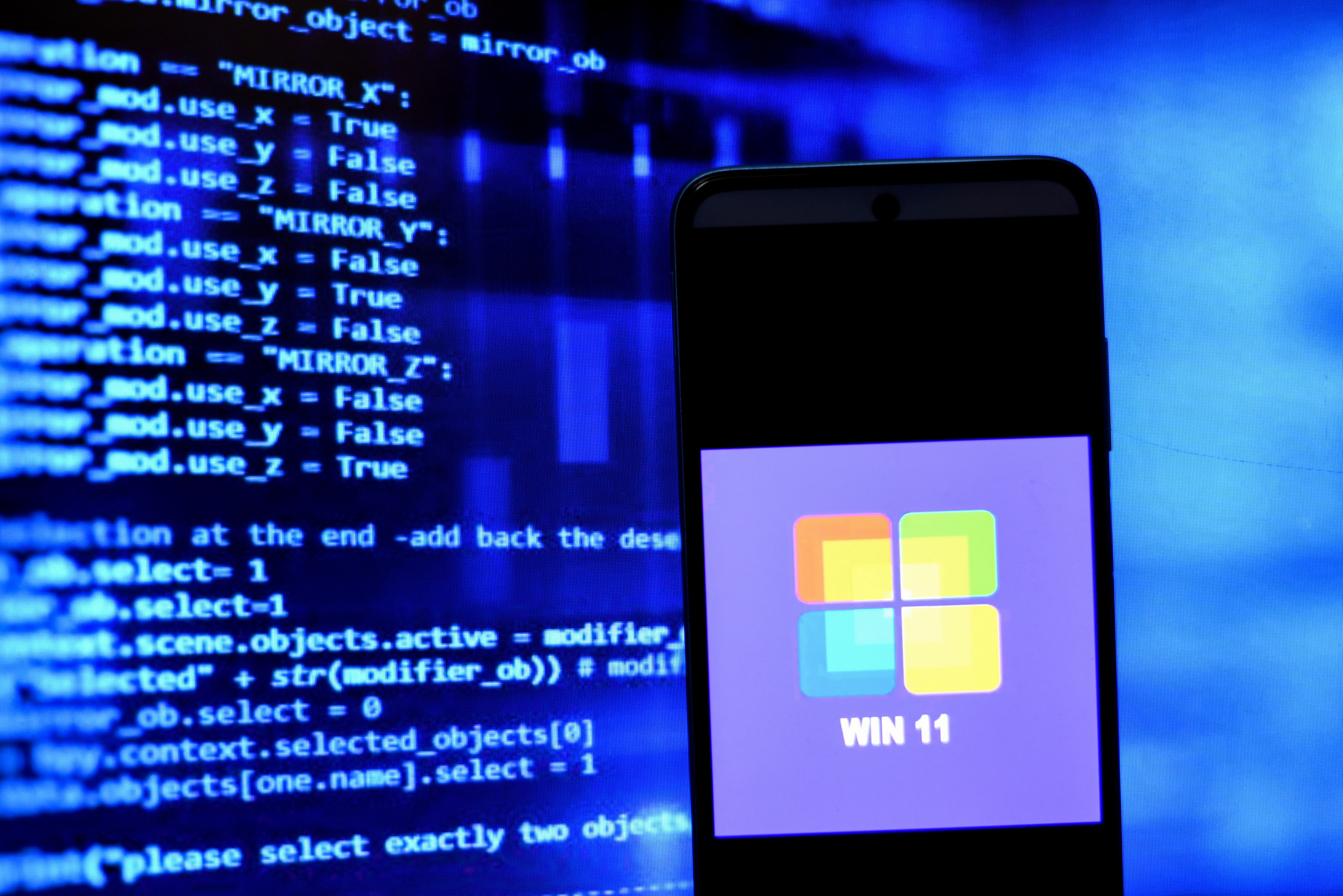 Microsoft continues its Rust mission with new kernel features
Microsoft continues its Rust mission with new kernel featuresNews The latest critical feature comes as a "small trial" to select Windows Insiders
By Connor Jones Published
-
 Report: Regulatory and monetary incentives needed to adopt safer programming languages
Report: Regulatory and monetary incentives needed to adopt safer programming languagesNews Companies have been urged to create plans on how they intend to get rid of memory-unsafe code in their products
By Zach Marzouk Published
-
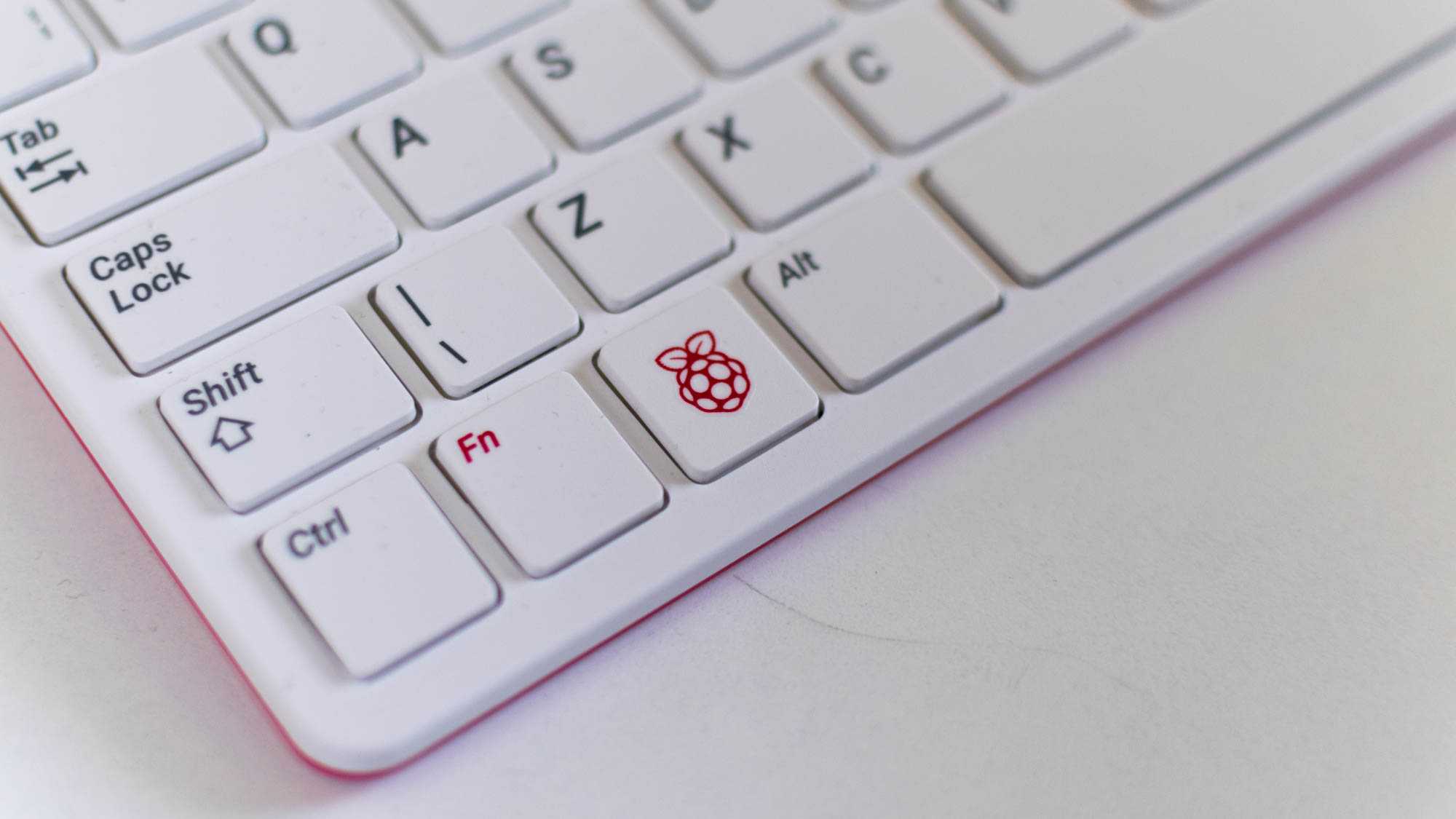 Complaining about Windows Update? You should try upgrading a Raspberry Pi
Complaining about Windows Update? You should try upgrading a Raspberry PiOpinion Regular updates is key to a happy Raspberry Pi, and missing out on upgrades can lead to things going horribly wrong
By Paul Ockenden Published
-
 Microsoft Azure CTO hails 'most loved' Rust as the successor to C and C++
Microsoft Azure CTO hails 'most loved' Rust as the successor to C and C++News Rust is a newer programming language that developers enjoy using and learning, and it's being adopted far across the industry, too
By Connor Jones Published
-
 Programming with Python: Time to upgrade to fancy ANSI
Programming with Python: Time to upgrade to fancy ANSIOpinion Wordle inspires Dick to reinvent his 1980s ASCII toolkit for the 2020s, but this time he doubles down with ANSI
By Dick Pountain Published